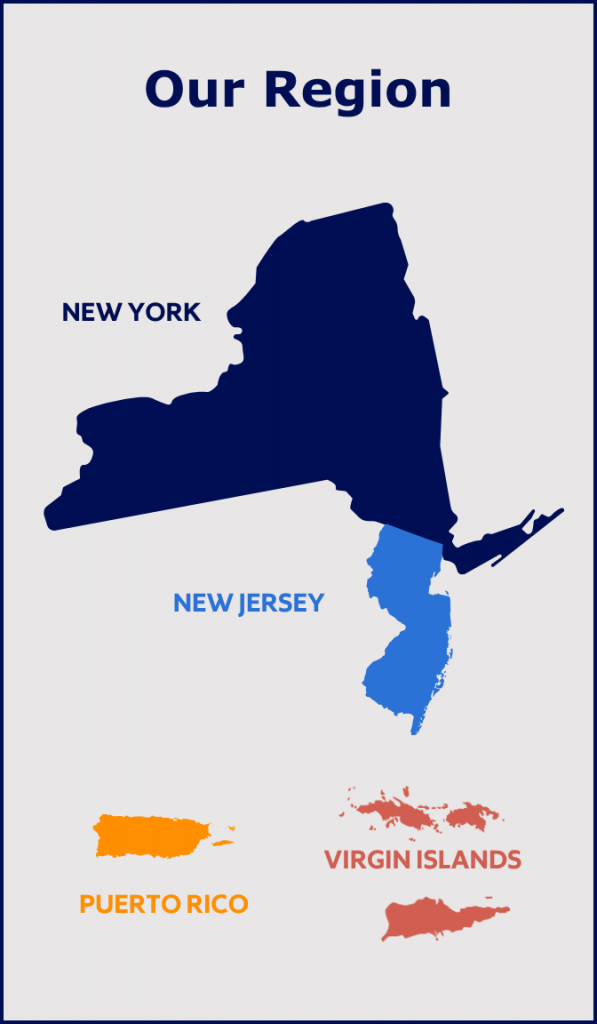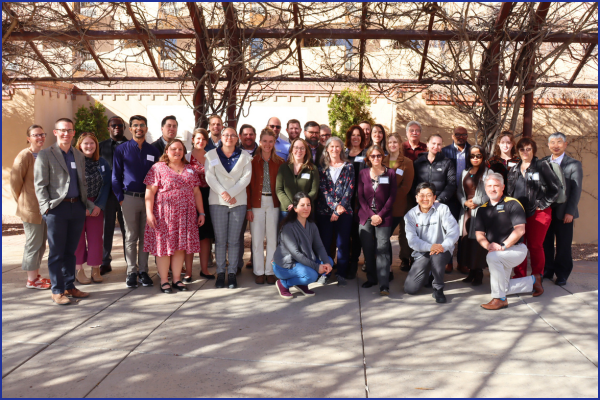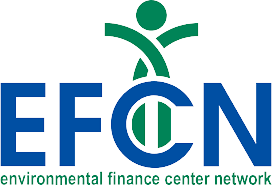Guiding Communities Through Infrastructure
Dollars and Decisions
The Institute for Sustainability Engagement (ISE) is proud to be home
to the Syracuse University Environmental Finance Center (SU-EFC), a
leader in environmental infrastructure funding for over 30 years. Founded
in 1993, SU-EFC supports communities in addressing the “how-to-pay”
challenges of environmental protection and infrastructure investment.
As a pillar center within ISE, SU-EFC helps communities and utilities
innovate solutions, develop shovel-ready projects, and navigate the
funding landscape across EPA Region 2— New York, New Jersey, Puerto
Rico, the U.S. Virgin Islands, and eight Native Nations — and beyond.

SU-EFC Offerings
Discover how our team supports communities through tailored assistance, educational opportunities, and practical resources designed to address challenges and transform ideas into action.
 SU-EFC provides free, direct support to help communities set priorities, develop projects, secure funding, and implement long-term water infrastructure solutions.
SU-EFC provides free, direct support to help communities set priorities, develop projects, secure funding, and implement long-term water infrastructure solutions.
› Request Help
 From local funding roundtables to national webinars, SU-EFC offers
From local funding roundtables to national webinars, SU-EFC offers
educational opportunities to utilities and municipalities that help strengthen capacity, and support long-term infrastructure investments.
› Our Events
Explore SU-EFC’s practical tools and resources, designed to make
complex topics easier to navigate and help your community
take that next step on your own timeline.
› Our Resources
Environmental Finance Center Network
SU-EFC is a founding member of the Environmental Finance Center Network (EFCN)—a national collaboration of university and nonprofit-based centers across the nation. Through this national network, we work both independently and collaboratively across all 50 states and territories to deliver tools, training, and technical assistance—helping communities plan, finance, and sustain critical environmental infrastructure.






